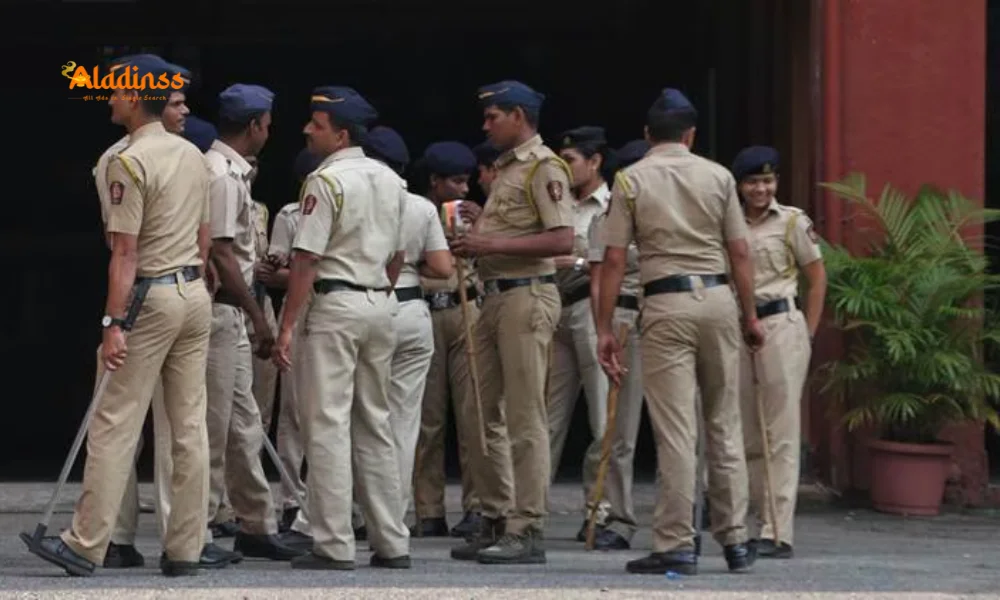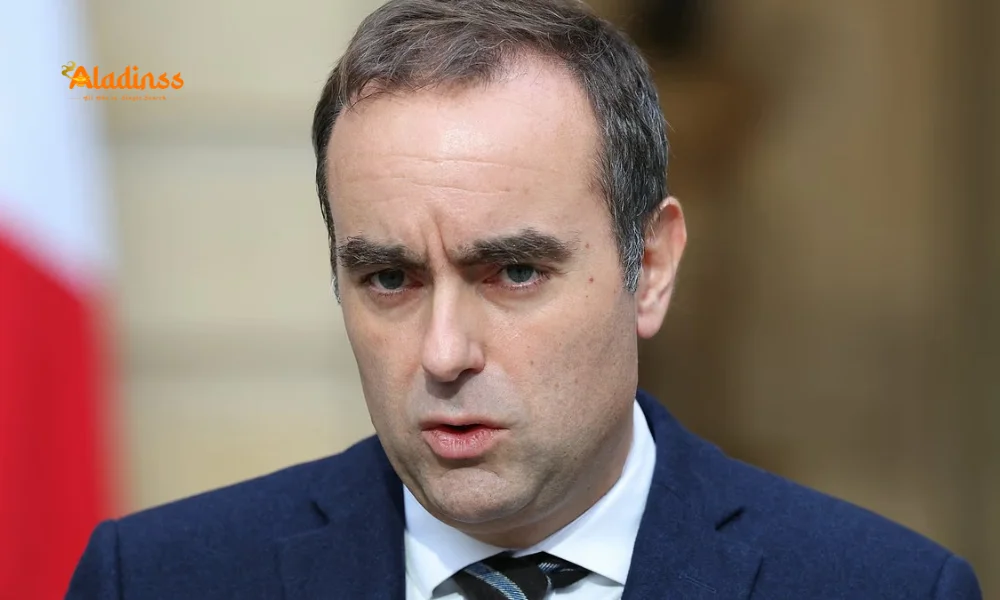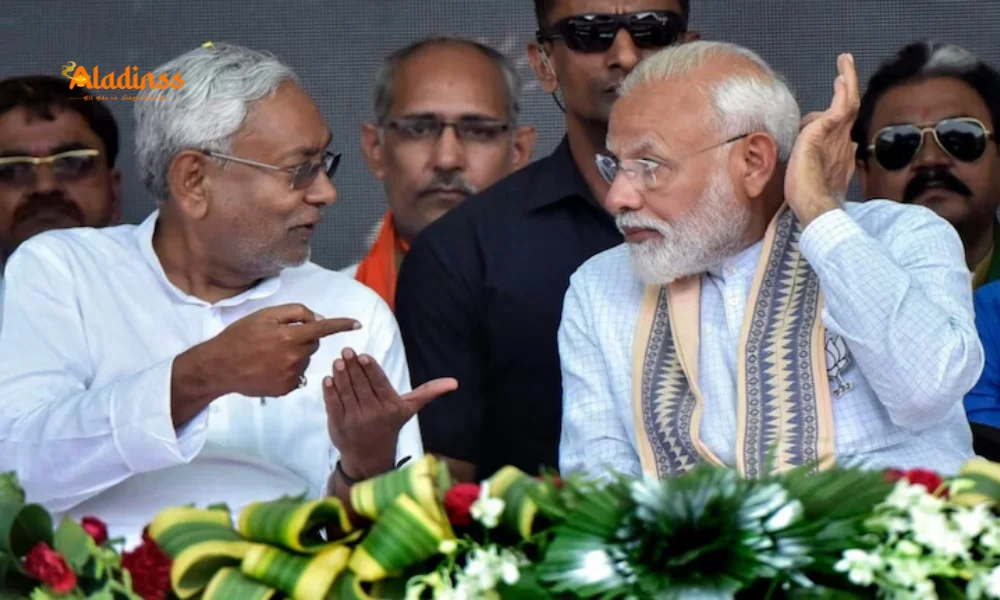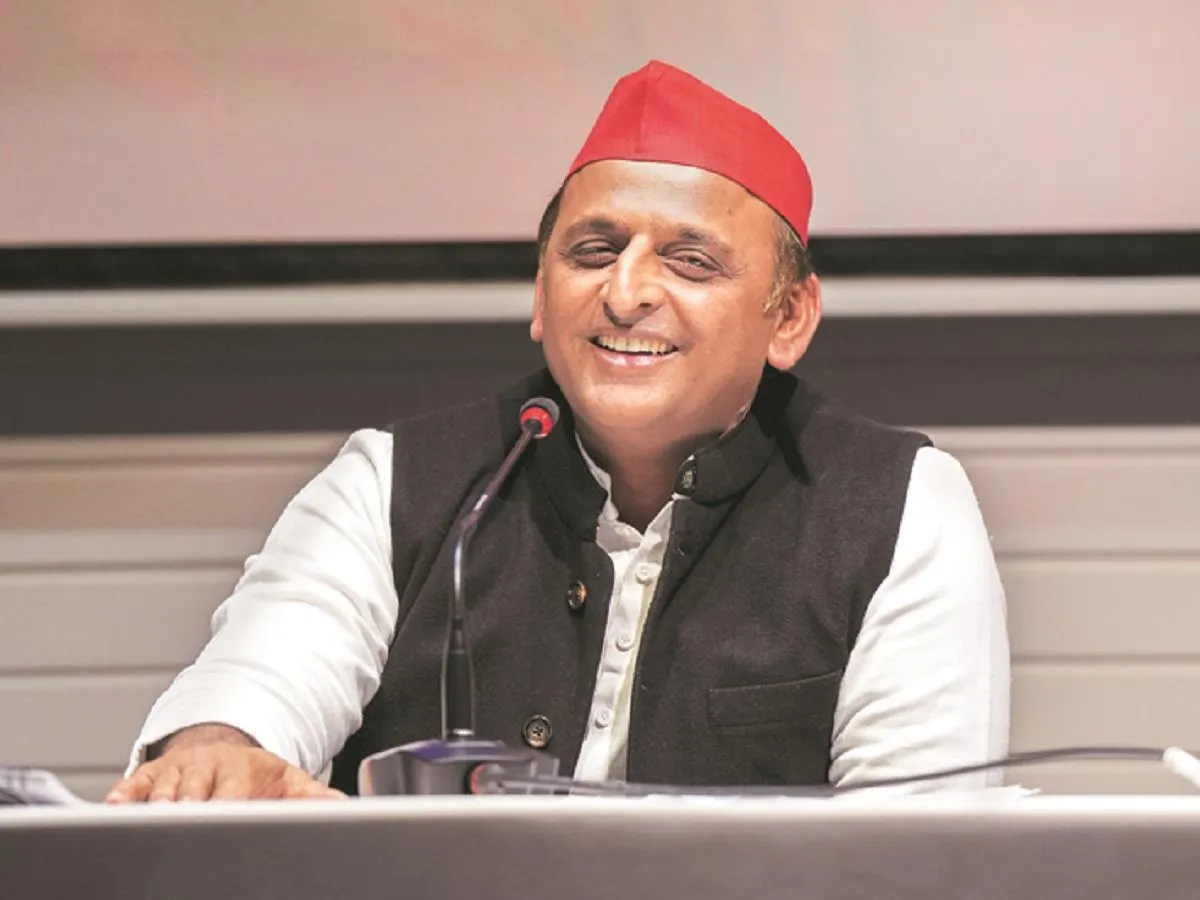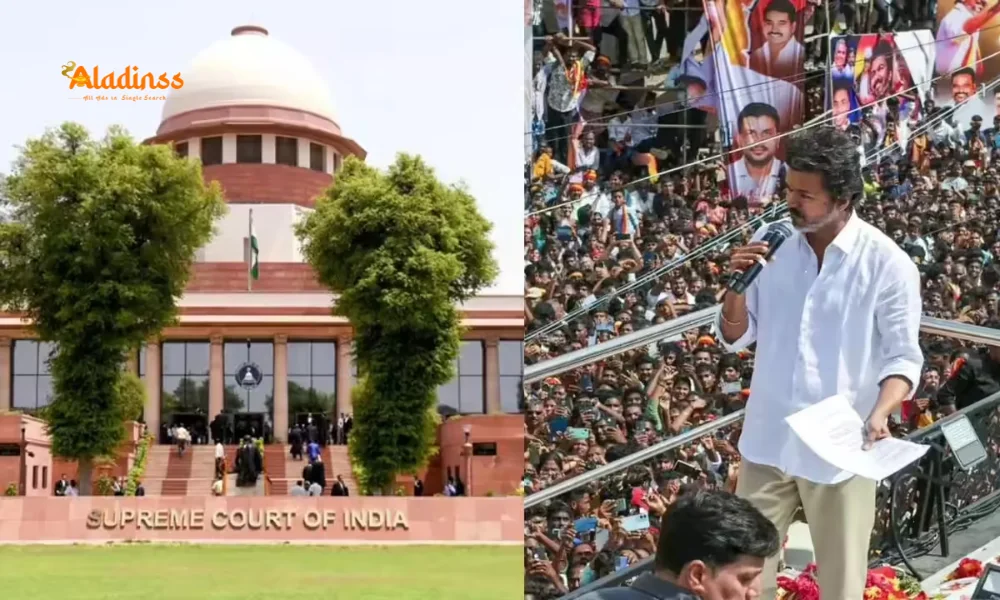MEA Denies Role in Taliban Press Meet Furore
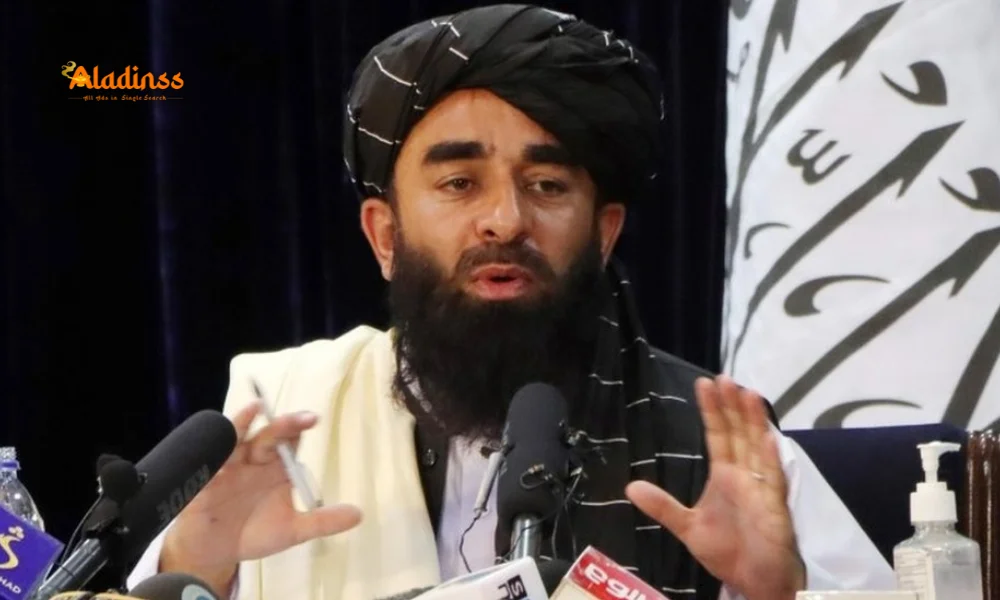
MEA Denies Involvement in Controversial Taliban Minister's Male-Only Press Interaction
In a swift response to mounting criticism over the exclusion of female journalists from a high-profile press interaction, the Ministry of External Affairs (MEA) has firmly stated its non-involvement in the event featuring Afghanistan's Taliban Foreign Minister Amir Khan Muttaqi. The Saturday clarification addresses the furore sparked by the Friday gathering in New Delhi, where only male reporters were permitted to engage with the visiting dignitary. This development highlights ongoing concerns about gender equality in diplomatic engagements and Taliban gender policies, drawing sharp reactions from Indian media and opposition voices.
The incident, which unfolded at the Afghan embassy, has amplified discussions on women's rights under the Taliban regime and India's diplomatic ties with Afghanistan. Female journalists, including prominent figures from major broadcasters, voiced their dismay after being denied entry by security personnel. This MEA clarification underscores the ministry's detachment from the organizational aspects, emphasizing that the event was independently managed by embassy officials. As India navigates complex relations with Kabul's government, such episodes raise questions about press freedom in India and the broader implications for human rights advocacy.
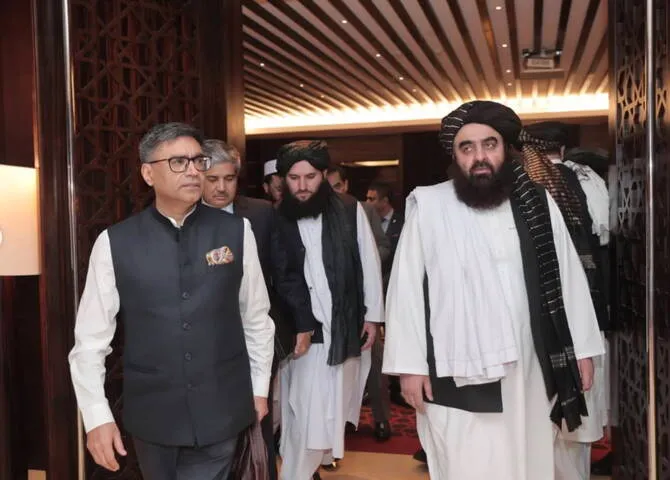
The press interaction, held amid sensitive bilateral talks, focused on regional security and economic cooperation between India and Afghanistan. However, the absence of women reporters overshadowed the substantive discussions, turning the spotlight on exclusion controversy. According to reports from NDTV, several female journalists approached security at the venue, only to be informed that the briefing was restricted. This has fueled social media outrage, with anchors like Geeta Mohan from India Today labeling the arrangement as "unacceptable" in a widely shared post.
Opposition and Media Backlash Against Gender Exclusion
Opposition parties have seized on the matter, questioning the government's oversight in hosting such events and demanding accountability for what they term a blatant disregard for gender equality. Leaders from various factions have called for a review of protocols governing diplomatic press meets, arguing that such exclusions undermine India's commitment to women's participation in public discourse. The controversy has resonated beyond political circles, igniting debates on how Taliban gender policies influence international interactions on Indian soil.
Geeta Mohan's pointed critique on social media platforms amplified the voices of affected reporters, garnering thousands of shares and comments. She highlighted the irony of discussing progressive ties while enforcing regressive norms at the event. Similarly, NDTV's coverage detailed encounters where women journalists were turned away, prompting broader reflections on media access in diplomatic settings. This backlash extends to concerns over human rights in Afghanistan, where the Taliban's restrictive measures on women have long been a point of international contention.
In the wake of these revelations, advocacy groups for press freedom in India have urged stricter guidelines to ensure inclusive participation in future engagements. The episode serves as a reminder of the challenges in balancing diplomatic courtesy with core values like equality, especially when dealing with regimes known for contentious policies.
Also Read: Gold Price Drop: Buy Jewelry Now?
Diplomatic Implications for India-Afghanistan Relations
India's relationship with Afghanistan has evolved through phases of robust partnership and cautious engagement since the Taliban's return to power in 2021. Initiatives like humanitarian aid and infrastructure support continue, yet incidents like this press conference exclusion test the resilience of these ties. The MEA's official statement on Saturday reiterated that while India values open dialogue, it does not endorse or facilitate arrangements that contravene principles of inclusivity.
Amir Khan Muttaqi's visit, though low-key, was intended to explore avenues for enhanced cooperation in trade and counter-terrorism. Topics reportedly covered included the Chabahar port's role in Afghan connectivity and mutual interests in regional stability. However, the male-only format has cast a shadow, prompting analysts to speculate on how such optics might affect public perception of India's foreign policy stance on women's rights.
Experts note that this is not an isolated event; similar concerns have arisen in past interactions with Taliban officials. The ministry's clarification aims to preempt misinformation, affirming that New Delhi event protocols remain unchanged and focused on equity. Moving forward, there are calls for joint mechanisms to vet future embassy-hosted briefings, ensuring alignment with India's progressive ethos.
Broader Context: Taliban Policies and Global Scrutiny
The Taliban's governance since August 2021 has imposed stringent restrictions on women, including bans on education and employment in certain sectors, drawing global condemnation. Amir Khan Muttaqi, as Foreign Minister, has been a key figure in defending these measures while seeking legitimacy through diplomatic outreach. His New Delhi appearance, therefore, was closely watched for signals on Kabul's willingness to moderate its stance.
In India, where gender parity in media is a hard-fought achievement, the exclusion has struck a raw nerve. Reports from broadcasters like India Today and NDTV underscore the systemic barriers women reporters face in conflict zones and authoritarian contexts. Social media backlash has trended under hashtags related to opposition criticism and embassy security lapses, amplifying calls for accountability.
The MEA's detachment from the organizational fray positions India as a neutral host, yet it invites scrutiny on indirect endorsements. As diplomatic ties deepen, balancing pragmatism with principles will be crucial. This incident may catalyze policy tweaks, fostering more transparent and inclusive frameworks for future interactions.
Path Forward: Ensuring Inclusive Diplomatic Engagements
To mitigate recurrences, stakeholders suggest enhanced training for embassy security and pre-event audits for diversity. Opposition demands include parliamentary debates on India-Afghanistan relations, focusing on human rights integration. Media bodies are pushing for unified guidelines that prioritize women's participation in all public forums.
Geeta Mohan's vocal stance exemplifies the resolve of Indian journalists to challenge inequities. As the dust settles on this furore, the emphasis shifts to constructive dialogue, ensuring that diplomatic platforms reflect shared values of equality and access. India's role as a global advocate for women's rights stands reinforced, even amid such diplomatic hiccups.
Ultimately, this chapter in India-Taliban interactions serves as a pivotal moment for reflection. By addressing the grievances head-on, authorities can fortify trust in diplomatic processes, paving the way for more equitable engagements. The Saturday clarification, while distancing the MEA, opens avenues for proactive reforms that align with India's constitutional commitments to gender justice.
In the larger geopolitical tapestry, such events underscore the interplay between regional dynamics and universal principles. As Afghanistan navigates its post-conflict trajectory, partners like India must navigate these waters with vigilance, championing inclusivity without compromising strategic imperatives. The voices of excluded female journalists, now louder than ever, remind us that true progress lies in shared participation.
This unfolding narrative continues to evolve, with implications for press freedom in India and beyond. Observers await further statements from involved parties, hopeful for resolutions that honor diversity in all its forms.
Comment / Reply From
No comments yet. Be the first to comment!

